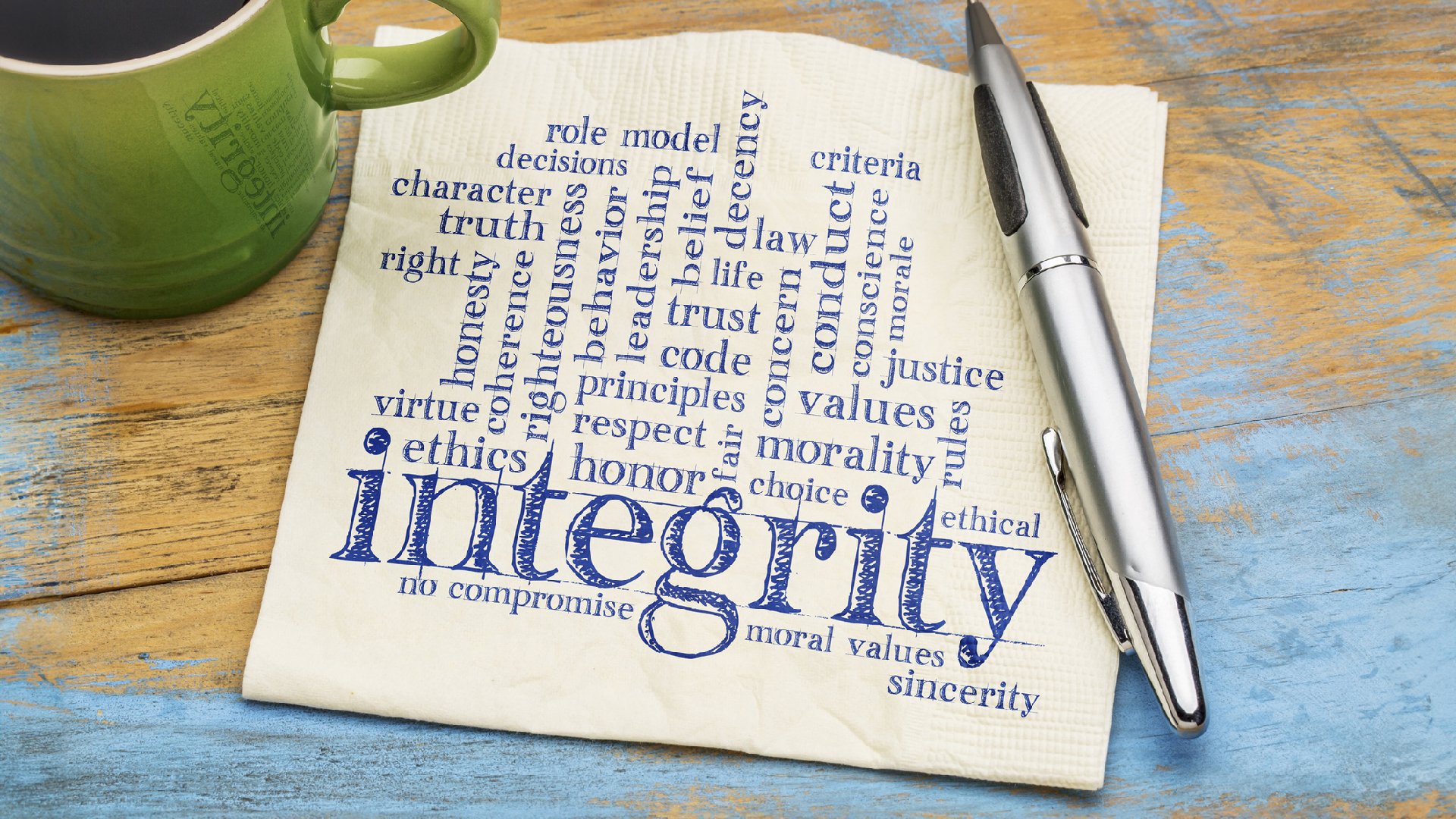Who has Character?
George Washington had character. Though some wanted to name him King, he refused to set up the United States as a monarchy. Perhaps the greatest service he gave to our country was stepping down after serving two terms as President. King George III said, “If he does this, he is the greatest man in the world.” Washington had the character to resist the temptation of power.
Thomas Jefferson was brilliant. Insightful, learned, and multi-talented, he wrote our Declaration of Independence, served as Secretary of State, Vice-President, and President. But at best, Jefferson’s character had great flaws. He undermined both Washington and Adams. He kept Sally Hemings as a mistress and a slave. When he passed, he was deeply in debt. Being a great thinker doesn’t mean you have great character.
An obscure President, John Tyler, had great character. He ascended to the office of President upon the death of William Harrison. When powerful figures such as Henry Clay and Daniel Webster suggested he was only “acting” President, Tyler stood his ground and declared he was the President, with the full authority of the office. He had the character to not let others define him or box him in.
Of all our Presidents, perhaps Abraham Lincoln had the strongest character. He was willing to hold the tension of a Civil War to preserve the Union. He had empathy enough to understand Southerners were battling for a way of life that could not exist any longer. Lincoln declared: “’A house divided against itself cannot stand.’ I believe this government cannot endure, permanently half slave and half free.” In his second inaugural address, he said, “With malice toward none, with charity for all, with firmness in the right as God gives us to see the right, let us strive on to finish the work we are in to bind up the nation's wounds, to care for him who shall have borne the battle and for his widow and his orphan ~ to do all which may achieve and cherish a just and lasting peace among ourselves and with all nations.” Lincoln had character enough to want peace and reconciliation when others wanted vengeance.
Rutherford Hayes was a man of good moral standing. He stood for most of the right things and was a teetotaler who refused to serve alcohol in the White House. But Hayes came into office as a result of back-room deals that swung the 1876 Presidential election to the Republicans. Would a man of character have taken office under such a dubious cloud?
Theodore Roosevelt stood against big corporations and trusts. He knew that business could easily dominate the government. Every free-market capitalist believes competition strengthens the market. Every businessman wants a monopoly. Roosevelt looked at the empires of men like John Rockefeller and saw that he had rigged the game in favor of his company, Standard Oil. Roosevelt, never one to shy away from a fight, had the character to insist on a fair and level playing field for all. It takes character to demand fairness.
My favorite President, Harry Truman, insisted on doing what was right, even if it proved unpopular. Thrust into the presidency; he made decisions about ending World War II, dropping the Atomic Bomb, how to deal with Stalin, and getting the economy back to a peacetime footing. Moving past his roots, he desegregated the military and advocated for Civil Rights. He was not afraid of taking on powerful unions, politicians, and generals. His decision to fire Douglas MacArthur stands as a line in the sand that civilians control the military, not the other way around. It takes character to do the right things.
Lyndon Johnson wanted to build a Great Society. He fought for Civil Rights. But he lied to himself and to the American people about Vietnam. Johnson was perhaps the greatest politician in modern American History, but he did not have the character to tell the truth.
Character is the quality of your soul. Like a computer program, you can have a corrupt character that is unworkable. Most of us, like most presidents, have a mixed character: some parts work well; others, not so well. By the time we reach our thirties, the cost of improving the quality of our character gets very high. It is worth asking, however, what would happen in your life if your character functioned without flaws?
Jesus had that kind of character. That is part of what we mean when we say, “Jesus was perfect.” He had a character that told the truth, that sacrificed, that served, and, most of all, a character that loved.
Growing up, we unconsciously pattern our character after the adults we see. As adults, what would happen if we patterned our character after Jesus? We probably won’t get to Jesus quality, but wouldn’t every step closer to Jesus make our character that much better? Would your life be better with a better character? I think you know the answer.

